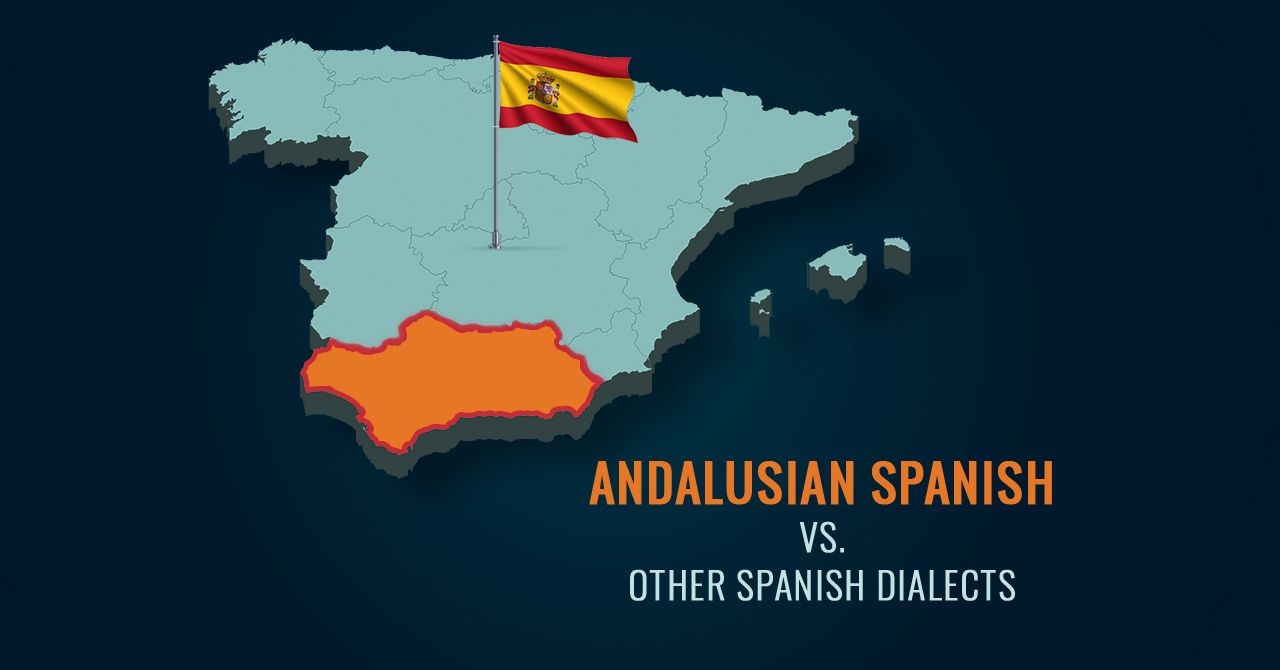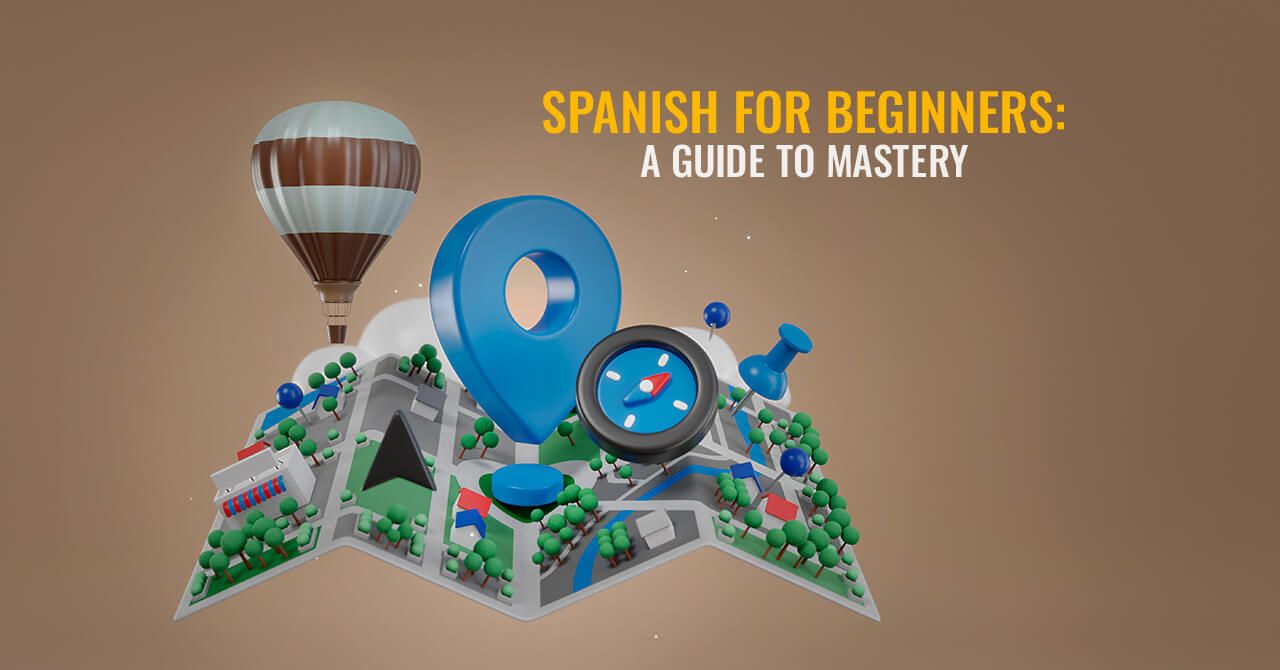
Differences Between Andalusian Spanish and Other Spanish Dialects
A huge reason why Andalucian is so difficult is that they shorten and change almost all words.
When I arrived in the coastal village of Tarifa, Spain, on the Southernmost tip of the European continent, I spoke very little Spanish. Having only just passed a few classes in University a few years prior. Ignorance was bliss until I was picked up by a Blabla car from Malaga airport. This day marked the first day of my now two-and-a-half-year journey learning Andalusian Spanish.
Andalucía
Andalusia is the southern region of Spain containing the provinces and major cities of Almería, Cádiz, Córdoba, Granada, Huelva, Jaén, Málaga, and Sevilla. Andalusia has rich culture and gastronomy. It’s known for being the birthplace of Flamenco music. The region boasts exceptional weather, especially during the summer months, making it a popular holiday destination for Europe and the rest of the world. Generally speaking, life is cheap, but the quality is high in Andalucía. That being said, Andalucía is the poorest region of Spain, with the highest rate of unemployment in the country and the lowest level of English. Like other regions of Spain, the accent here is very distinct. Most native Spanish speakers I’ve talked to consider Andalucian Spanish to be the most difficult to learn. Theoretically, I compare myself learning Spanish in Andalucía to a Spaniard attempting to learn English in the Mississippi.
Characteristics of the accent
A huge reason why Andalucian is so difficult is that they shorten and change almost all words. The Andaluzs say that they eat the ends of their words because they often omit the ending conjugations of verbs. This makes it exceptionally difficult to understand the difference between conjugations for the second and third person. For example, the Spanish verbs for “to have”: tienes—you have and tiene—he/she has. They sound almost identical to the untrained ear. A friend of mine, Jaime from Barbate, told me that there is a subtle sound made to distinguish the conjugation, but it’s hard to hear and also hard to make. The signifying sound is more like a quick breath. I still struggle to hear it and make it after two years.
Words are also sometimes smashed together, two words will become one word, and spacing between words often doesn’t exist. A proud Gaditano will tell you Andalusian Spanish is the most efficient Spanish in the world because so much can be communicated with such a small amount of words and effort.
On top of these characteristics, Andalusian can also be difficult because it is spoken quite fast, and there is vocabulary used here that is not used elsewhere. Words like “Pischa” and “Bastinazo” are examples of very popular expressions only used in Andalusia, considered too vulgar or informal in the rest of the Spanish-speaking world. Conclusion This is only the tip of the iceberg when it comes to the quirks of Andalusian.
I’m sure there are even more I’m still oblivious to, but don’t let the difficulties of Andaluz discourage you. This region of Spain is the best! The people are extremely warm and welcoming. Always smiling, they have an enormous sense of you humor and know just how to enjoy themselves. Andalusians are more than happy to help you learn, and they make great teachers. I have had the chance to have several friends from Cadiz, and each one of them has taught me unique lessons about the language. If you can understand and speak Andalusian Spanish, all other Spanish dialects will come easily to you.
I'm a 26-year-old American living and working in Cadiz, Spain. I teach English online and in-person. I enjoy playing sports, personal development, learning languages, and going out with friends.

